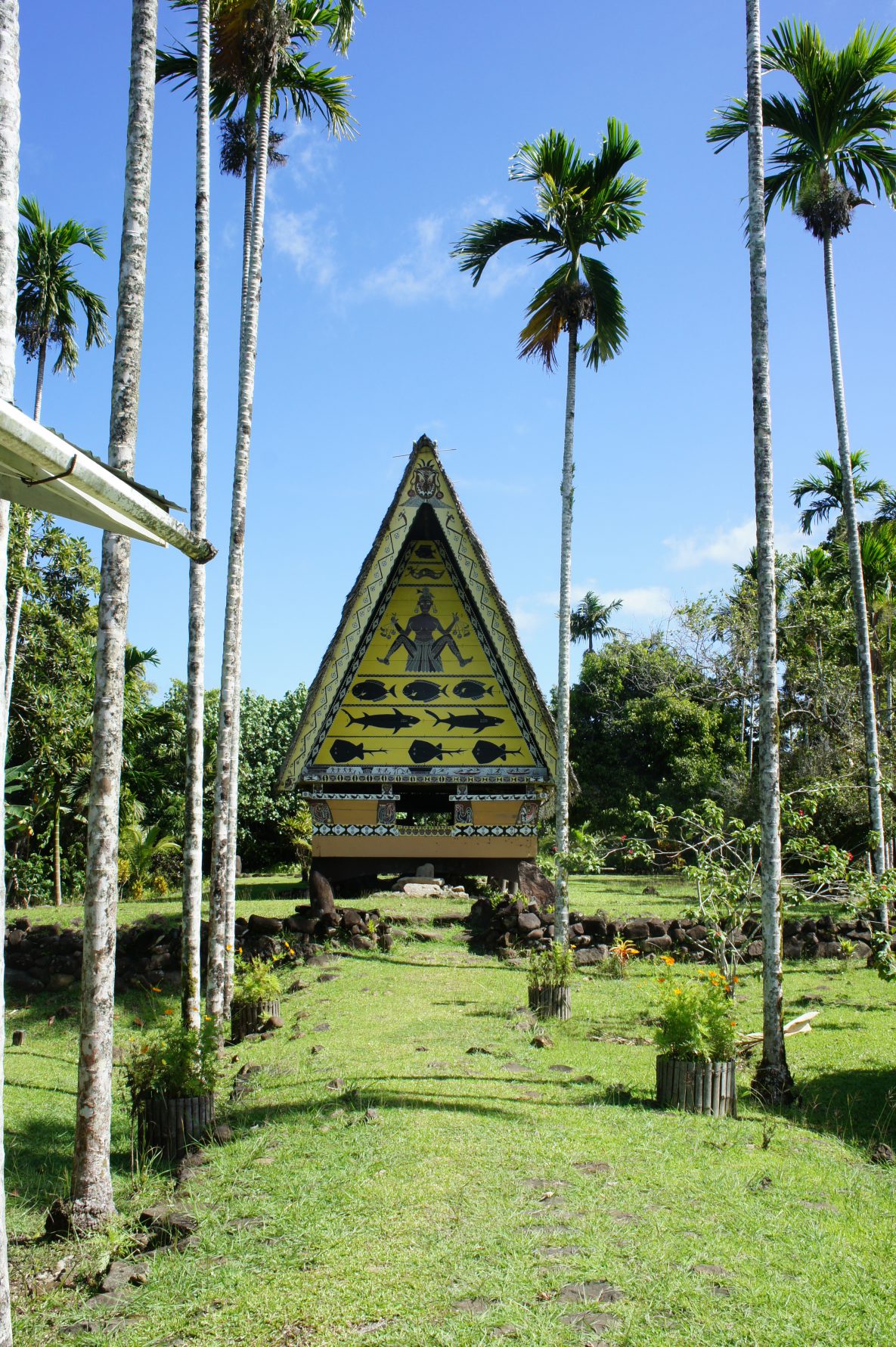What to know
- CDC recognizes the unique historical, geographic, social/demographic, and cultural dynamics for residents in the Caribbean and US-Affiliated Pacific Islands (USAPI) as we work together to prevent, detect and respond to diseases and natural disasters.

Impact
The unique public health challenges faced by residents in the US territories and freely associated states are shaped by a combination of factors. Some of these challenges include:
- Geographic Isolation: The US territories and freely associated states are characterized by widely dispersed populations across remote islands. This isolation poses logistical challenges for healthcare delivery, including transportation of medical supplies, access to specialized care, and communication between islands.
- Limited Access to Resources: The availability of healthcare resources, including medical facilities, trained personnel, and equipment, is often limited in the islands. Distance from the continental United States can make in-person training unfeasible. Technology limitations, such as reliable internet connections and phone lines, can limit access to virtual training and other technical assistance. This scarcity affects the quality and accessibility of healthcare services, training, and resources.
- High Rates of Communicable and Non-Communicable Diseases: The islands experience a dual burden of diseases. Communicable diseases (such as tuberculosis, dengue, and malaria) persist alongside non-communicable diseases (such as diabetes, hypertension, and obesity). These health conditions strain already stretched healthcare systems.
- Natural Disasters and Climate Considerations: The islands are vulnerable to natural disasters (such as typhoons, hurricanes, and earthquakes) and the effects of climate change (rising sea levels, extreme weather events). These environmental challenges disrupt healthcare infrastructure which can include loss of water, electricity, housing, and health services and exacerbate health risks.
- Cultural and Social Determinants: Cultural practices, lifestyle choices, and social determinants significantly impact health outcomes. Historical traumas such as colonialism have contributed to poverty, unemployment, and poor housing, conditions that are known to increase the risk for unhealthy behaviors and chronic diseases. Understanding and addressing cultural beliefs, dietary habits, and social norms are crucial for effective public health interventions.
These challenges highlight the need for tailored approaches, collaboration, and resilience in addressing public health issues in these unique island communities.
Contacts
- US Department of Health and Human Services:
- Substance Abuse and Mental Health Services Administration (SAMHSA)
- US Department of Defense
- US Department of Interior – Office of Insular Affairs
- US Department of State
- USAID
